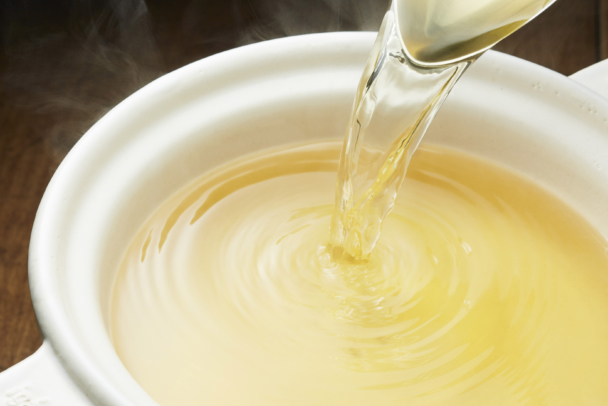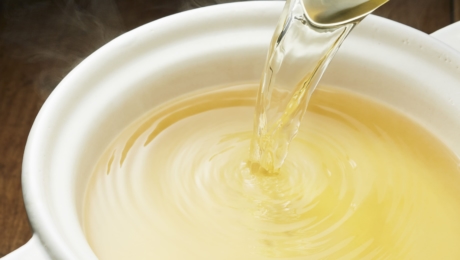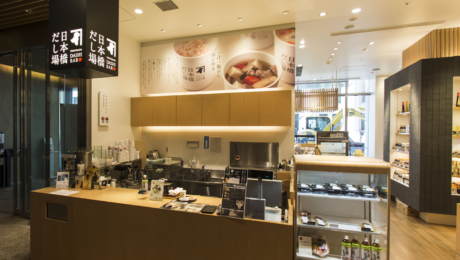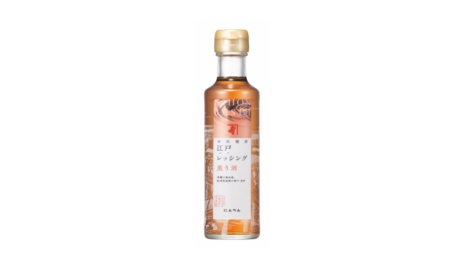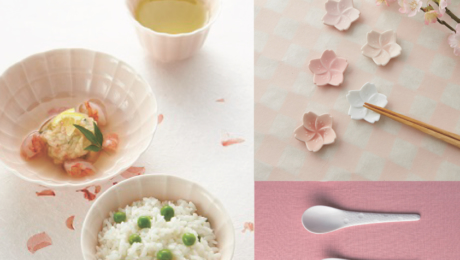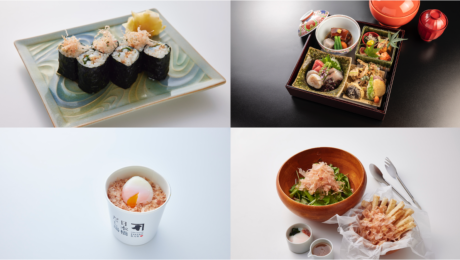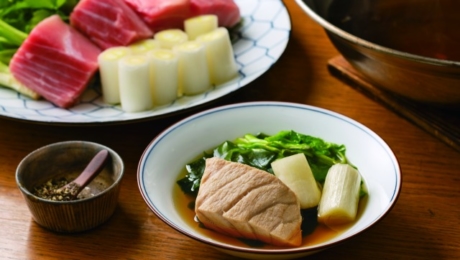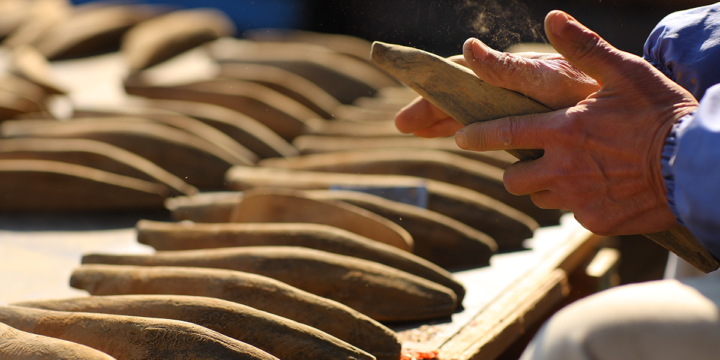
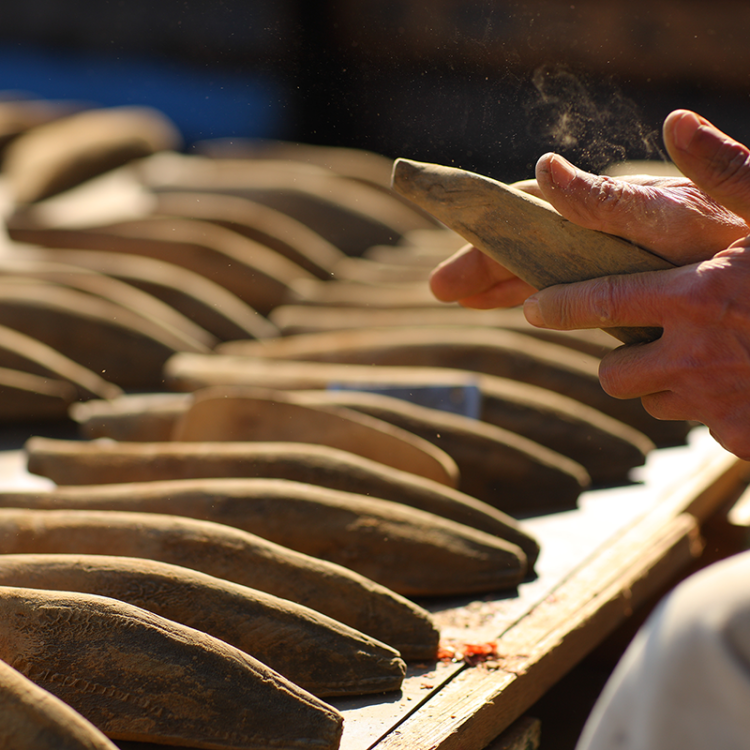
Turning the dashi culture of “Hongare katsuobushi” from a flavor of Japan to a flavor of the world
In recent years, “dashi”, which is indispensable in Japanese food culture, has been garnering international attention as well. Ninben, based in Nihonbashi, has been passing down “dashi culture” for more than 300 years through “katsuobushi (dried skipjack tuna)”. It started its katsuobushi business in 1699. With its lineup of products focusing on “Hongare katsuobushi”, the manufacturing method for which was established from the end of the Edo period towards the Meiji period, it continues to protect its focus on product quality.
“Hongare katsuobushi” refers to the highest grade of katsuobushi that has been fermented for up to half a year. Many of the flaked bonito products that are generally distributed are “arabushi”, which is bonito that has been dried through smoking. Hongare katsuobushi, which is fermented by repeatedly adding mold to arabushi and sun-drying it, has a distinctively rich fragrance and deep flavor. Ninben works together with production areas and katsuobushi artisans to deliver stringently selected products to its customers.
Another one of Ninben’s major contributions is how it has generously made its techniques public to the industry because of its desire for many people to taste high-quality katsuobushi. Publicizing information and techniques on mold that can have its quality maintained stably led to the overall increase in baseline quality of the katsuobushi industry. Also, the publicization of the “fresh pack” technique, which preserves the freshness of freshly shaved katsuobushi, allowed the demand for katsuobushi that had been experiencing a slump in the emergence of umami seasonings to make a huge recovery.
Currently, other than katsuobushi and shaved bonito, it also offers a wide range of products such as dashi-based dipping sauces, seasonings, soups, and sweets. As it wants dashi to become more familiar to people, it also has many hands-on stores. In addition to katsuobushi-shaving experiences and take out dishes made with dashi, the dashi that sells for ※150 yen a cup that can be enjoyed as a drink is also popular. Furthermore, it also provides places where customers can taste dashi in new types of stores as well, such as restaurant and stores selling side dishes and bentos. Along with the increase in the number of Japanese restaurants overseas, the demand for dashi packs and Tsuyunomoto(concentrated seasoning soup base) is also increasing. Ninben will continue on its quest to spread the flavor of Japan to become a flavor of the world.
※This prices have been changed since October 2023.
